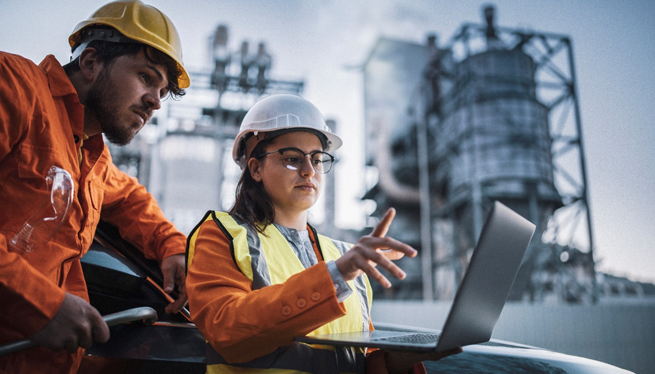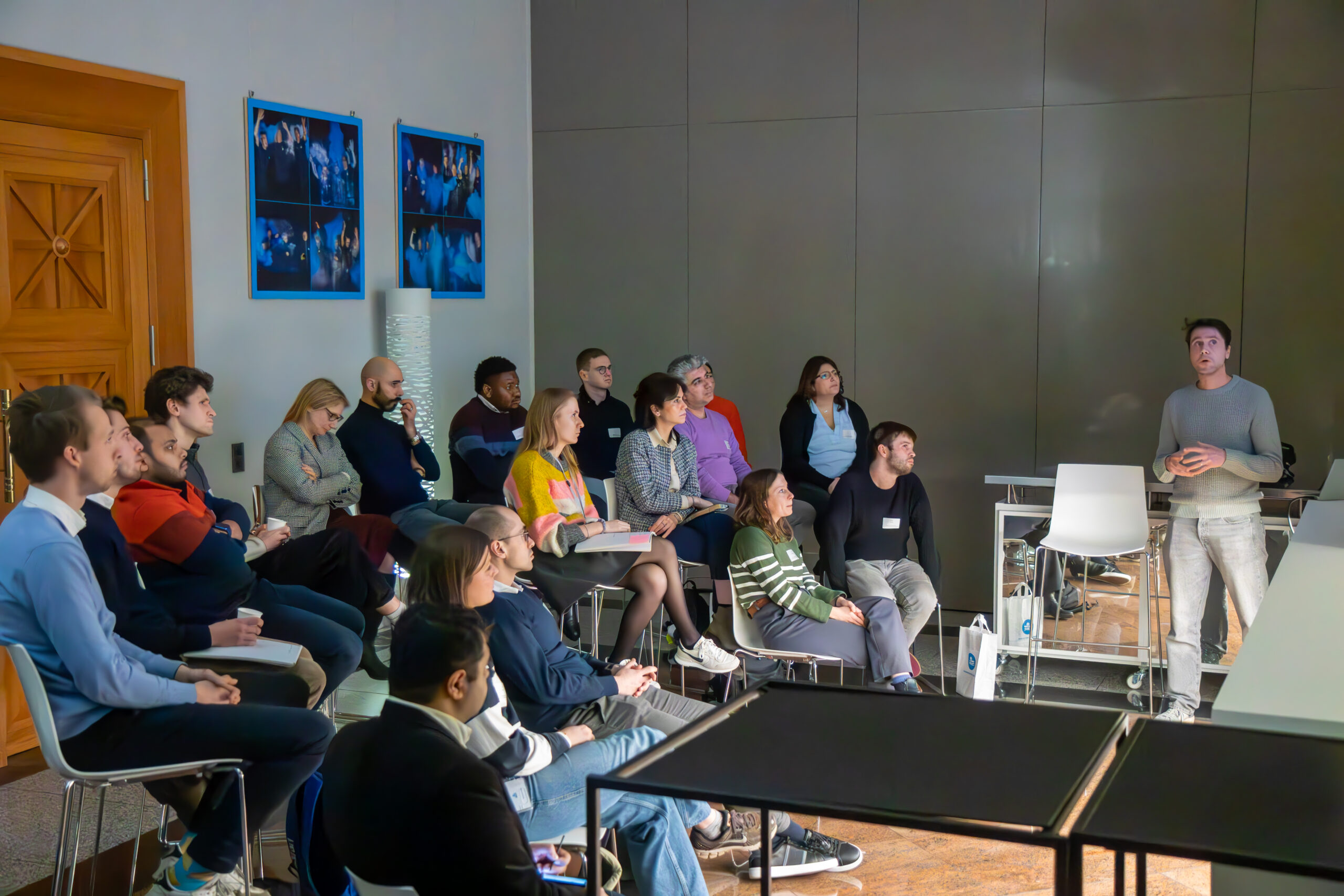Second research contract with European Space Agency
Rocketing onwards and upwards: we have just signed a second research contract with the European Space Agency (ESA). This new project aims to develop new titanium alloys for additive manufacturing (AM, or 3D printing) targeting high-end structural performance applications. In this case think of spacecraft/ launchers etc. in which the high tensile strength to density ratio, high ductility, high corrosion resistance, ability to withstand high temperature, properties of newly developed titanium alloys are all of HIGH importance…
Project steps as launched on 15th April 2021
This project will cover a large spectrum in the value chain of additive manufacturing and material science to identify, design, optimize and fabricate specific titanium-alloy compositions to address specific needs of the space sector. The formulation of these new titanium alloys will be designed for two key additive manufacturing processes experiencing fast solidification rates:
- Laser powder bed fusion (LPBF).
- Directed energy deposition (DED).
In collaboration with a Space Industrial Committee, the consortium will identify a series of targeted material properties to address specific needs of the space sector. Based on these targeted properties, the consortium will conduct a literature survey supported by modelling activities to identify up to height potential candidate alloy compositions.
Why innovative melt trials are needed to select the best candidate alloys
Producing the alloy powders (needed for the AM of later test parts) is expensive and taking all identified alloy candidates to end testing would lead to a huge cost. So, a pre-selection will be done, using a more cost-efficient route: melt trials.
These melt trials involve producing specimens by first casting the different alloys in a copper mould followed by a specific processing technique. This technique makes it possible to create conditions on sample with solidification rates as close as possible to the expected cooling rates for LPBF and DED, which is a key factor of the development of these new titanium alloys.
Partnership in the space industry
On this project, ENGIE Laborelec has joined forces with 3 well-known actors in the space industry: QinetiQ Space, KU Leuven and Laser Cladding Venture. The complementary expertise of the consortium is the key added value to address this technical challenge:
ENGIE Laborelec is leading the project as well as bringing its AM expertise and laser power bed equipment to the printing of the test part samples and their characterization.
QinetiQ experts in the space environment lead the space industrial committee
KU Leuven will be in charge of the modelling and melt trials. The entity will also take care of producing AM samples and characterizing them.
Laser Cladding Venture – LCV will be responsible for producing test part samples using the direct energy deposition method. The company aims to develop AM with the objective to contribute to space applications and manufacturing of volume contract.
Appreciated niche skills
The project, with a total initial contract value of 900.000 € funded by the ESA, is expected to run for 24 months. Once again, our commitment to industrial research, the value of the specific and key skills our teams have to offer and our willingness to collaborate with the ESA has earned us a new contract and a leading role on a fascinating research project.
Would you like to learn more about this project or about our collaboration with ESA?
Disclaimer: The views expressed herein can in no way be taken to reflect the official opinion of the European Space Agency.


